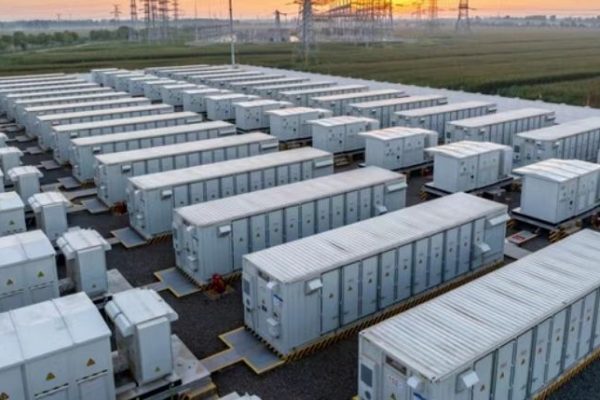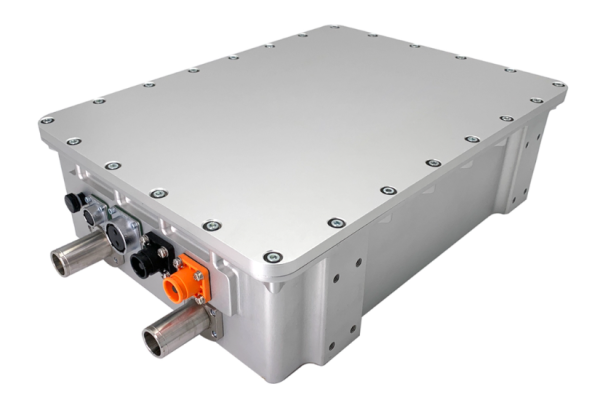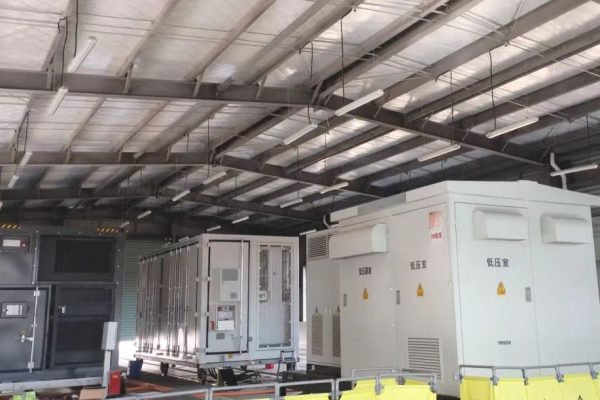The EPC Perspective
For Engineering, Procurement, and Construction (EPC) companies, the economics of an energy storage project are as important as the technology itself. EPCs are under constant pressure to deliver projects on time and within budget, while also ensuring long-term reliability. Modular energy storage systems have emerged as a powerful solution, offering flexibility, scalability, and cost savings across multiple stages of the project lifecycle.
1. Simplified System Design
- Challenge for EPCs: Designing custom systems for each project increases engineering time and complexity.
- Modular Advantage: With standardized modules, EPCs can design around pre-defined building blocks.
- Result: Faster project planning, reduced design errors, and lower upfront engineering costs.
Exporter Tip: Highlight how modular systems reduce project design hours, which EPCs can directly translate into savings.
2. Faster Installation and Commissioning
- Challenge for EPCs: On-site labor is costly and delays increase financial risk.
- Modular Advantage: Pre-assembled and pre-tested modules reduce on-site installation work.
- Result: Quicker commissioning and earlier project delivery.
Client Viewpoint: EPCs value suppliers who help shorten project timelines, as it improves cash flow and strengthens client satisfaction.
3. Scalable Investment Strategy
- Challenge for Buyers: Clients may not commit to full capacity at once due to budget or demand uncertainty.
- Modular Advantage: EPCs can propose scalable projects, starting small and adding capacity later.
- Result: Flexible financing options and easier buyer acceptance.
Exporter Insight: Position modular systems as a tool for EPCs to win deals with cautious or budget-sensitive clients.
4. Reduced Inventory and Logistics Costs
- Challenge for EPCs: Managing large, customized system components increases storage and transportation expenses.
- Modular Advantage: Standardized modules simplify logistics and reduce shipping costs.
- Result: Lower inventory risks and easier global deployment.
Buyer Insight: International clients often prefer standardized modules for smoother customs clearance and replacement parts availability.
5. Easier Maintenance and After-Sales Service
- Challenge for EPCs: Maintenance contracts can be costly if systems are complex.
- Modular Advantage: Faulty modules can be swapped out without affecting the entire system.
- Result: Lower service costs, higher system uptime, and improved client satisfaction.
Exporter Tip: Stress that modularity reduces lifecycle costs, making EPCs more competitive in tenders.
Modularity as a Cost-Saving Strategy
For EPCs, modular energy storage systems represent more than a technical preference—they are a financial and operational strategy. By simplifying design, reducing installation time, lowering logistics costs, and enabling scalable growth, modular systems allow EPCs to meet buyer demands while protecting their margins. Exporters who can demonstrate these cost-saving advantages gain a decisive edge in winning EPC partnerships worldwide.








